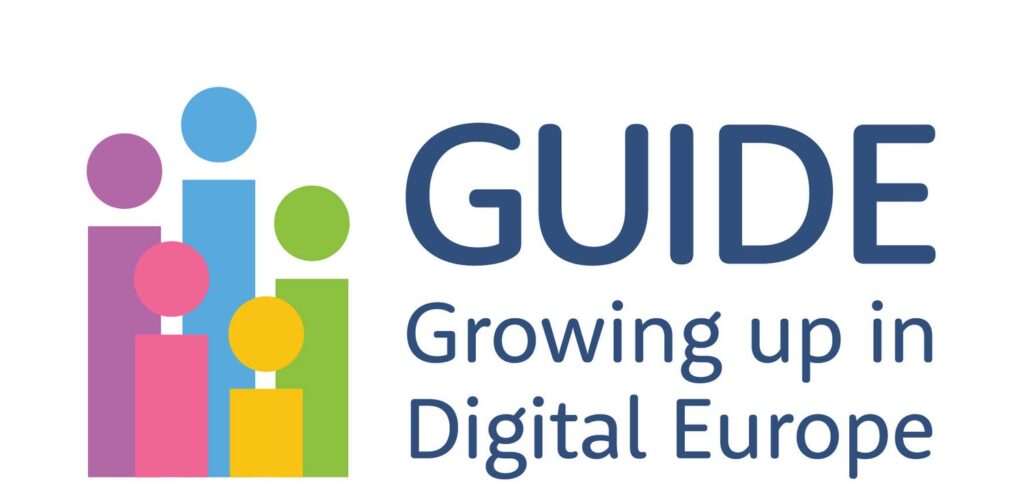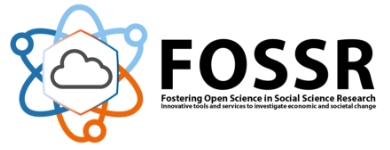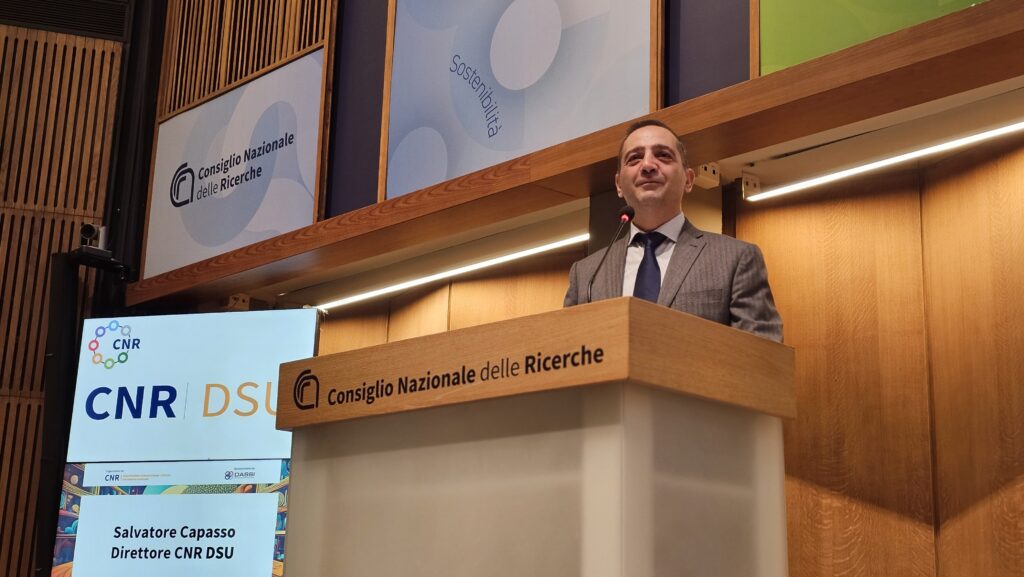The pilot survey Growing Up in Digital Europe (GUIDE), is the first longitudinal and comparative study aimed at providing statistical evidence to support social policies for the well-being of children, young people up to the age of 24 and their families, detecting stability and change in well-being by studying changes in their living conditions in European societies through repeated data collection over time.




Growing Up in Digital Europe (GUIDE)


Objectives
The GUIDE survey aims to study changes in the well-being conditions of children, young people up to the age of 24 and their families, in order to support dedicated social policies. The populations to be analysed are made up of families with children aged between 6 and 18 months (infants’ bracket) and families with children aged 8 years and over (children’s bracket).
In Italy, the GUIDE survey, integrated in the FOSSR project, will take place in four specific regions: Lombardy, Emilia-Romagna, Campania and Apulia. The research design also envisages, for the children’s age group, the involvement of Comprehensive School Institutes and their School Managers who, after having joined the survey, will act as mediators to activate a contact between the pupils enrolled in class III of the primary school in the 2024/2025 school year, their families and the GUIDE research team.
Description of the service
GUIDE collects information on a sample of 1,300 households, of which 650 households with children aged 0-1 years and 650 households with children aged 8 years and older. The questionnaires collect information on different subject areas.
For the realisation of the GUIDE survey it is planned to administer three separate questionnaires according to the characteristics of the respondents. The questionnaires for parents/guardians of children aged 0-1 years and for parents/guardians of children aged 8 years and over consist of a common part and a specific part, which depends on the age group of the children, to which are added the sections on self-completion of the questionnaire, evaluation of the questionnaire and the interviewer’s comments.
The common sections for the parent/guardian questionnaires are as follows:
The specific sections of the questionnaire addressed to parents/guardians for the two age groups are as follows:
The questionnaire aimed at children aged 8 years and over captures the following information:
To whom it is addressed
GUIDE is integrated within the FOSSR infrastructure and provides services to Italian and foreign research staff, policy makers and institutional stakeholders, civil society as well as all partners involved in the project.
Information
For information and contacts please write to: guide@irpps.cnr.it
 At European level, the GUIDE survey is coordinated by University College Dublin (UCD) and Manchester Metropolitan University (MMU). The Italian survey is coordinated by the Istituto di Ricerche sulla Popolazione e le Politiche Sociali del Consiglio Nazionale delle Ricerche (CNR-IRPPS), partner of the FOSSR project, in collaboration with the Department of Economic Sciences and the Department of Statistical Sciences ‘Paolo Fortunati’ of the Alma Mater Studiorum University of Bologna.
At European level, the GUIDE survey is coordinated by University College Dublin (UCD) and Manchester Metropolitan University (MMU). The Italian survey is coordinated by the Istituto di Ricerche sulla Popolazione e le Politiche Sociali del Consiglio Nazionale delle Ricerche (CNR-IRPPS), partner of the FOSSR project, in collaboration with the Department of Economic Sciences and the Department of Statistical Sciences ‘Paolo Fortunati’ of the Alma Mater Studiorum University of Bologna.
Insights
*pictures credits: Ben Wicks on Unsplash

